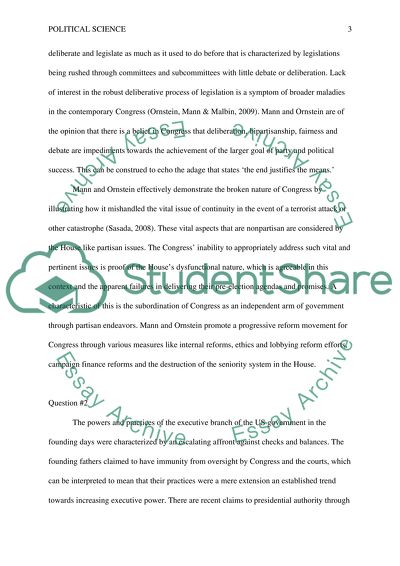Cite this document
(What Led to the Deterioration of Congress Legislative and Oversight Assignment, n.d.)
What Led to the Deterioration of Congress Legislative and Oversight Assignment. Retrieved from https://studentshare.org/politics/1490923-political-science-two-essay-questions
What Led to the Deterioration of Congress Legislative and Oversight Assignment. Retrieved from https://studentshare.org/politics/1490923-political-science-two-essay-questions
(What Led to the Deterioration of Congress Legislative and Oversight Assignment)
What Led to the Deterioration of Congress Legislative and Oversight Assignment. https://studentshare.org/politics/1490923-political-science-two-essay-questions.
What Led to the Deterioration of Congress Legislative and Oversight Assignment. https://studentshare.org/politics/1490923-political-science-two-essay-questions.
“What Led to the Deterioration of Congress Legislative and Oversight Assignment”, n.d. https://studentshare.org/politics/1490923-political-science-two-essay-questions.


